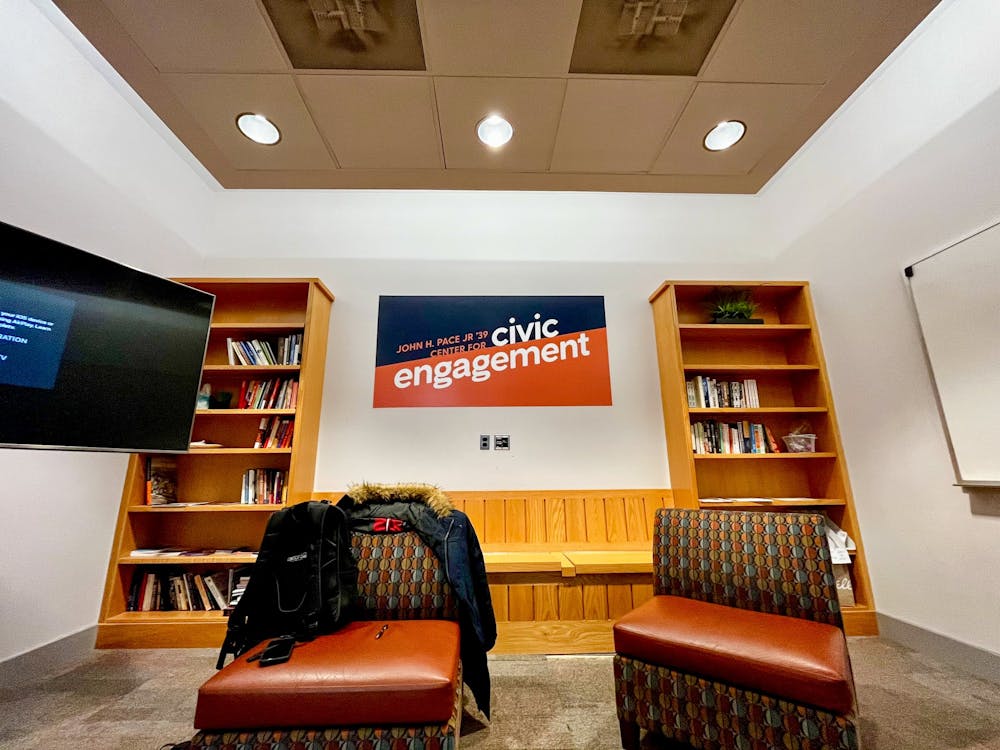Japan is a relatively wealthy developed country well-equipped for emergency response and thus not even in dire need of financial support. Consequently, there are few things that outside organizations can actually do to help on top of the local response. For example, the Japanese Red Cross Society, one of the largest actors in the relief effort, did not seek funding from donors until very recently. Similarly, according to the BBC, a group of British humanitarian workers from the International Rescue Corps was denied access to Japan on the reasonable grounds that they “did not have logistical, transport or language support” and would thus have been a greater burden than relief to the local authorities.
So if goods and money are not really what the world’s third-largest economy is lacking, any informed American is just going to let out a sigh of relief and devote their money to more pressing causes, right? Apparently not. Just this Saturday, I stumbled across a table stacked with “Supplies for Japan” in front of McCosh 50, featuring a box of old sweatpants that would surely look dashing on a Japanese grandfather. Moreover, the Princeton Chinese Student Association has planned a “Member Auction for Japan Relief” for this Friday, intending to give all proceeds to the Japanese Red Cross.
To add insult to injury, the USG Projects Board has actually contributed funds to sponsor this evening of fundraising for a cause that is of dubious priority in the hierarchy of global needs. This use of University funds and communication channels, such as the USG, to pressure students into donating are especially problematic, though the Japanese Student Association’s massive fundraising and tabling effort this week can perhaps be justified by members’ personal connection to those affected by the disaster. However, as responsible global citizens “in the service of all nations,” we can neither discard the notion of “greatest need” in the world, nor listen to community leaders encouraging us to put on our blinders.
Sadly, none of the announcements related to these misguided efforts even mentioned the alternative of donating to more pressing causes in the world. I must have missed the email in which the USG president encouraged us to donate to relief efforts in the Congo, where hundreds of thousands of people were displaced only last year, fleeing from killings or rape in an ongoing civil war. But who am I kidding by suggesting charity is about helping? Here is a fun game: Name three ongoing violent conflicts in Africa. Find an upcoming campus event that explicitly raises money for their victims. Sorry, you lost.
Of course, the Japanese earthquake and its aftermath have led to human tragedies at an extraordinary scale, and this argument is not meant to belittle the real losses that many people have experienced. In fact, it is probably hard to truly fathom. It is a daunting task to be constantly aware of the terrible things that happen every day to so many people in Japan and other parts of the world and to still keep our sanity. But the fact that we cannot mourn every death in every corner of the world makes it even more important to devote our efforts to preventing tragedies from happening in the first place. We should devote our limited resources to the places where they are most needed and, unfortunately, Japan is not even close to the top of that list. Mitigation of suffering in war zones, disease prevention in Africa and sanitation in refugee camps all over the world are just some of the issues that are more in need of our money than Japan is right now.
On the other hand, supporting economic development would be an effective way to limit emergencies’ impact on humans, especially for crises such as climate change or for natural disasters that mainly wreak havoc by destroying people’s livelihoods. Though “merely” making people better off and thus better able to resist any blow of misfortune is no good for dramatic media stories, we should be responsible enough to have our donations determined by thought, not thrill.
Fortunately, some of the most effective measures to boost economic development for the world’s poor, who are most vulnerable to disasters, can be had at almost no cost: Legislative efforts in countries such as the United States to abolish pernicious protectionist measures including its agricultural subsidies and more liberal immigration and trade regimes in the most developed countries would make the world a much more prosperous and therefore safer place. In fact, the developed economies themselves would stand to benefit immensely from increased global growth.
It is through well-planned efforts and rigorous evaluation of local and global needs that donations can do real good. Relying on hastily organized whim-of-the-week appeals for sending extraneous donations abroad while turning a blind eye to less relatable global issues, however, is not compassionate but feckless. If you only want to feel good after giving someone money, you should go to the movies. If instead you want to actually make the world a better place, be sure to do your research and give to long term efforts in areas of proven need and efficacy.
Gregor Schubert is an economics major from Leipzig, Germany. He can be reached at gregors@princeton.edu.








